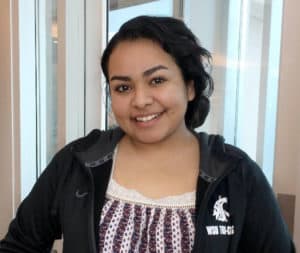2018 Legislative Priority: Postsecondary
By League of Education Voters Policy Team
 More than 20,000 State Need Grant eligible students attending Washington higher education institutions are not currently receiving a State Need Grant because the program has not been
More than 20,000 State Need Grant eligible students attending Washington higher education institutions are not currently receiving a State Need Grant because the program has not been
fully funded by the legislature.
Opportunity:
The legislature established the State Need Grant (SNG) fifty years ago to increase access to higher education for low-income students. Although the SNG annually funds almost 70,000 students, the underfunding of SNG left over 20,000 eligible low-income students unserved in each of the last seven years. (1)
Over ten years ago Washington established the College Bound Scholarship (2) that provides financial aid to students from income eligible families who sign a pledge in middle school that they will earn a GPA of 2.0 or higher in high school and have no felony convictions. (3)
Both programs cover a portion of the cost of attendance leaving students cover the rest of the costs via family contributions, loans, or jobs. (4) As of 2012, the average SNG award covered 12% to 35% of the cost of attendance. On average, students cover between 14% and 28% of the cost through loans with the rest of the costs of attendance being paid though other types of aid or family and/or student generated sources.
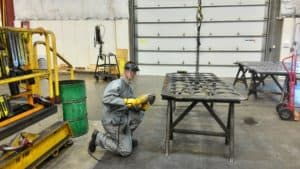
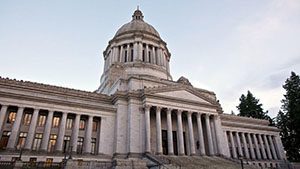 The Washington state House and Senate have released their budgets, and we compare each proposal with current law. Categories include K-12, Higher Education, Early Learning, and Revenue and Spending.
The Washington state House and Senate have released their budgets, and we compare each proposal with current law. Categories include K-12, Higher Education, Early Learning, and Revenue and Spending.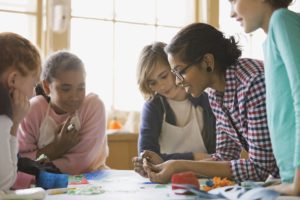 Make sure all students have access to supports & opportunities as they explore their career options and determine the academic pathway that helps them achieve their goals.
Make sure all students have access to supports & opportunities as they explore their career options and determine the academic pathway that helps them achieve their goals.
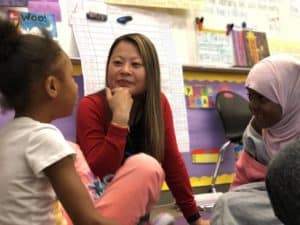 Students learn most effectively when their school feels safe, inclusive, supportive, and respectful. (1)
Students learn most effectively when their school feels safe, inclusive, supportive, and respectful. (1)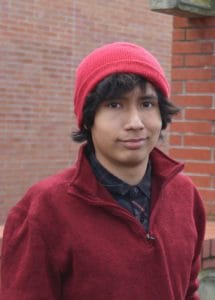 Ruben is a senior at Walla Walla High School, and recently secured a job as a Walla Walla Public Schools afterschool tutor. Throughout his afterschool journey, Ruben has acquired a number of real-world skills, and has made many friends and professional contacts along the way.
Ruben is a senior at Walla Walla High School, and recently secured a job as a Walla Walla Public Schools afterschool tutor. Throughout his afterschool journey, Ruben has acquired a number of real-world skills, and has made many friends and professional contacts along the way. Low-income kids get the least exposure to family reading time, weekend day trips, preschool, summer camp, and after-school programming – adding up to a 6,000 hour learning gap by 6th grade.(1)
Low-income kids get the least exposure to family reading time, weekend day trips, preschool, summer camp, and after-school programming – adding up to a 6,000 hour learning gap by 6th grade.(1)